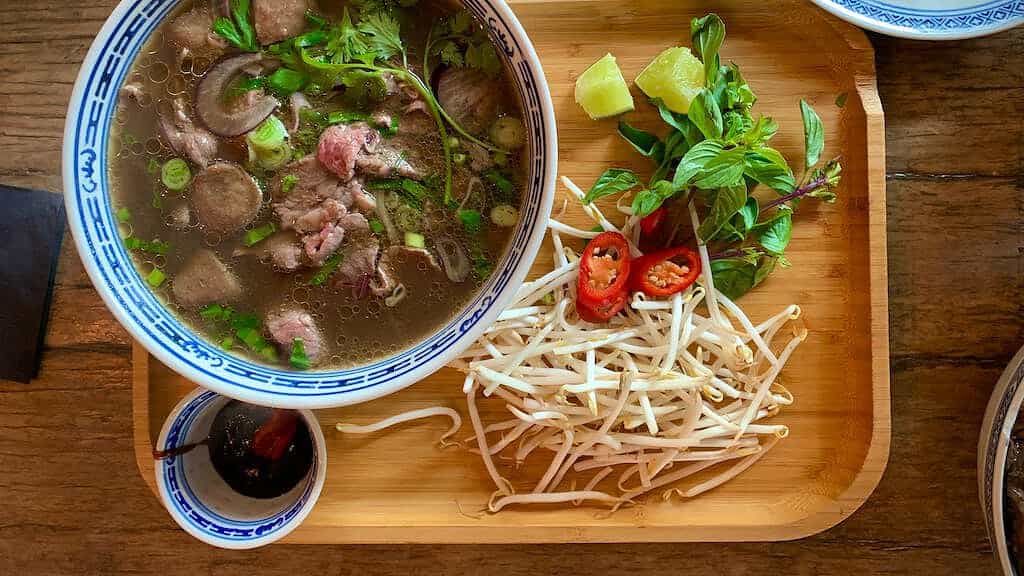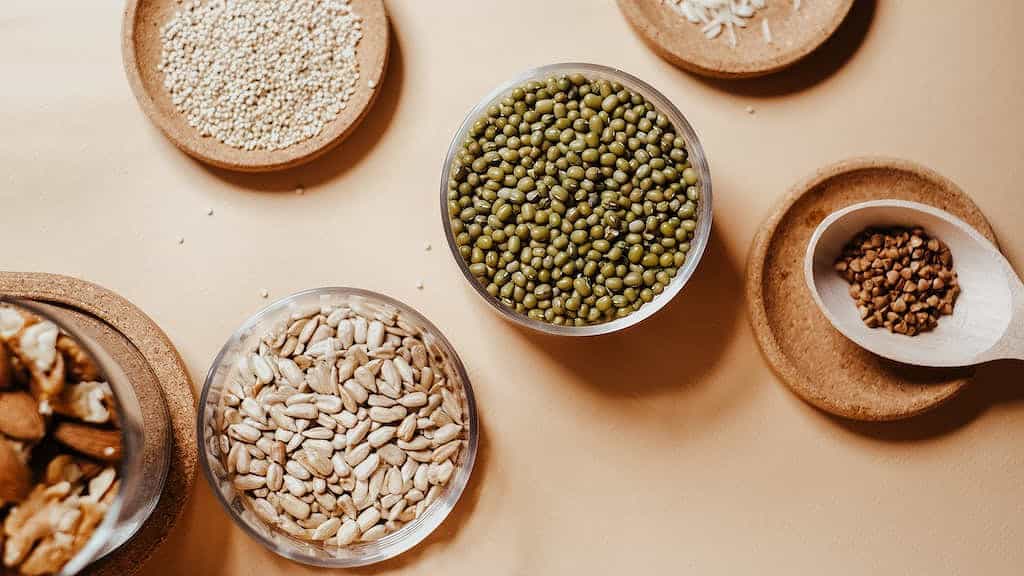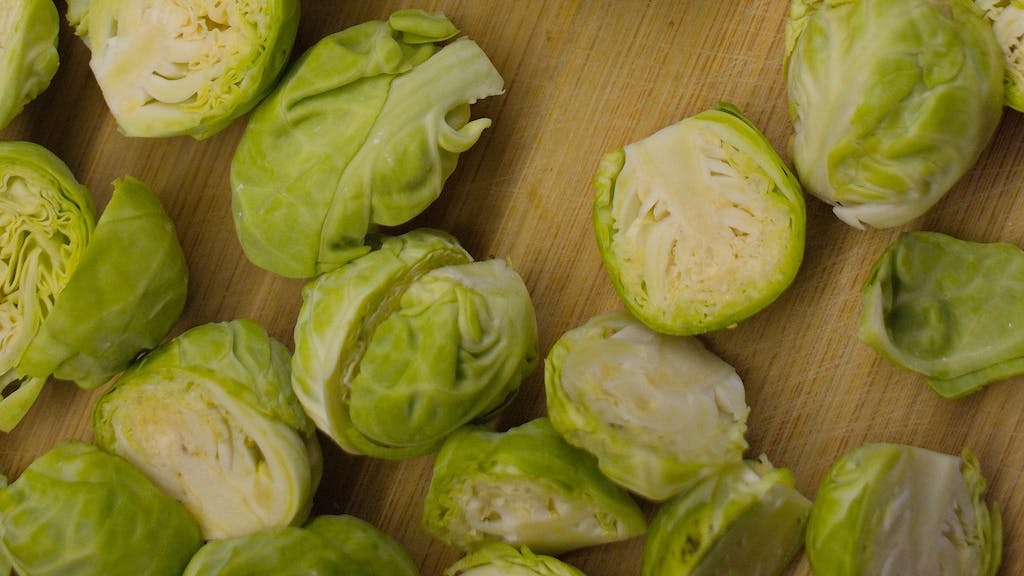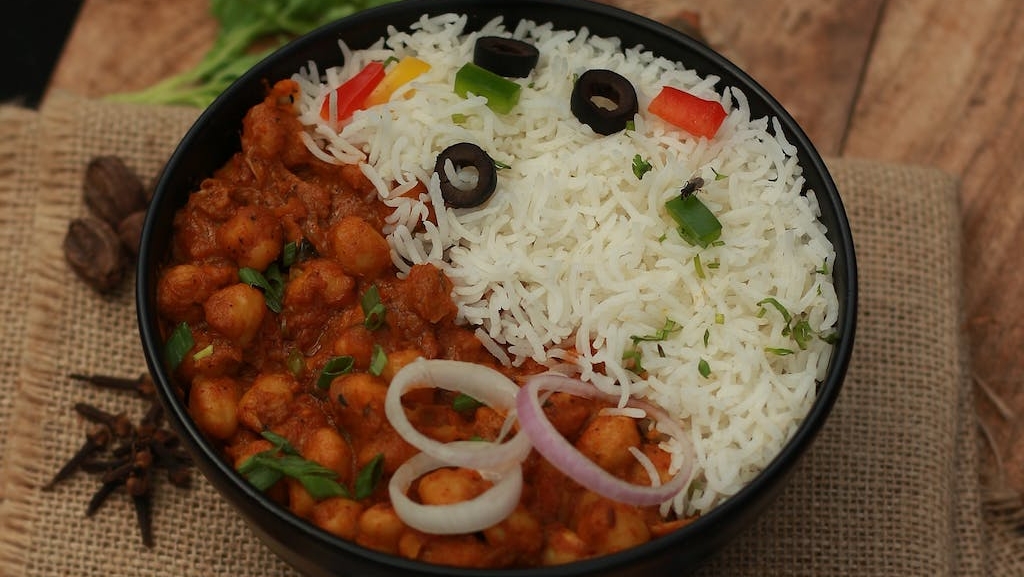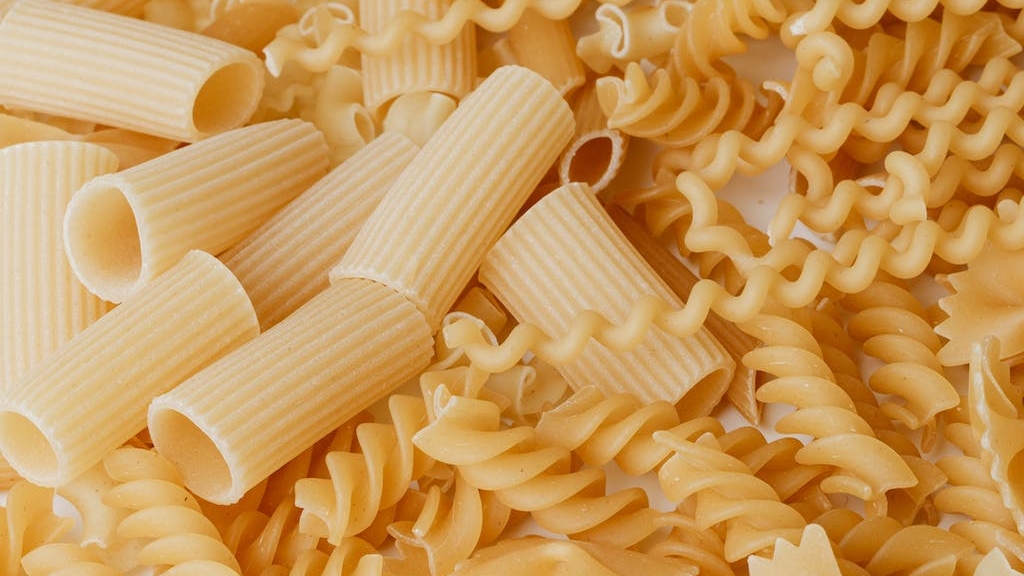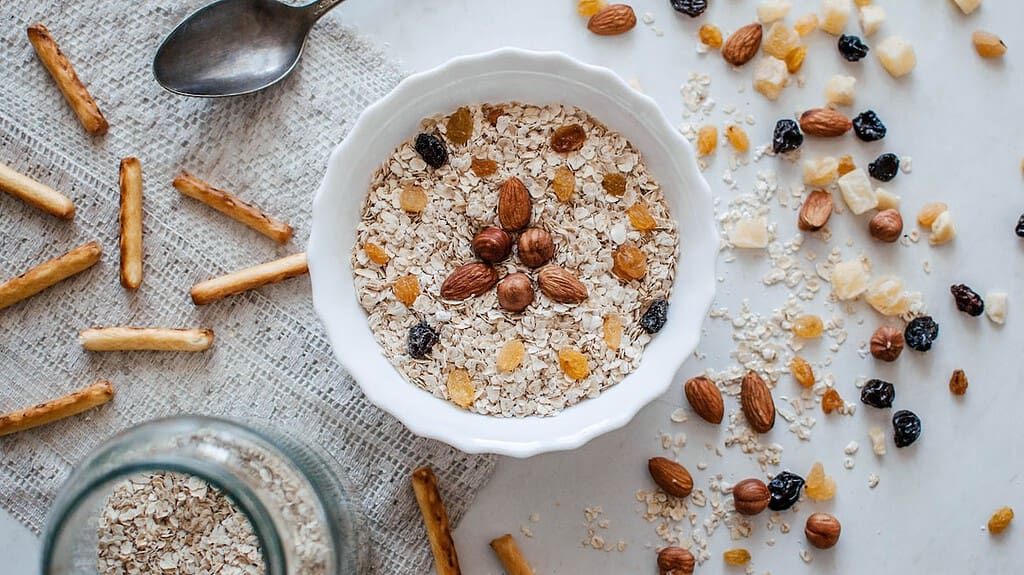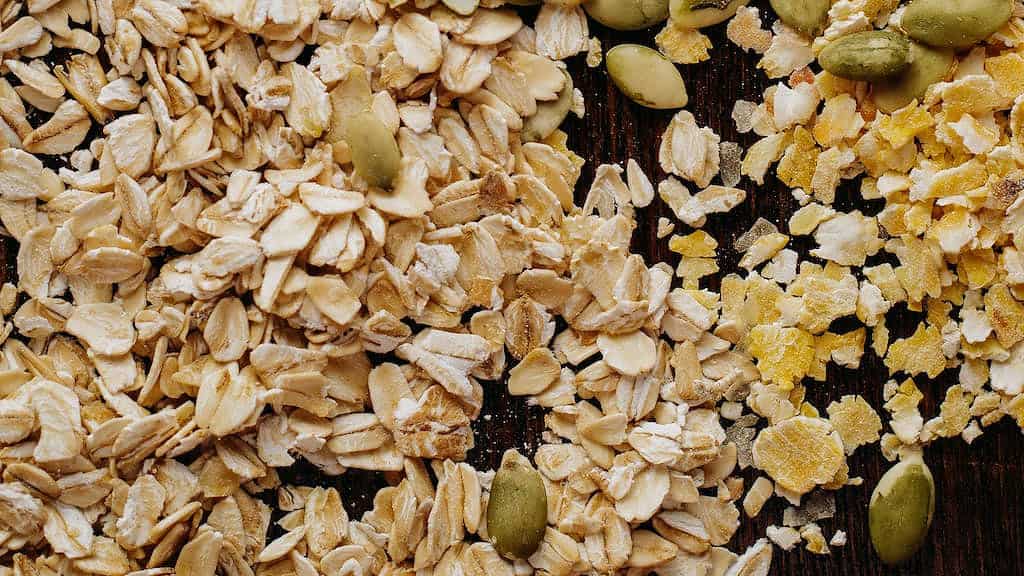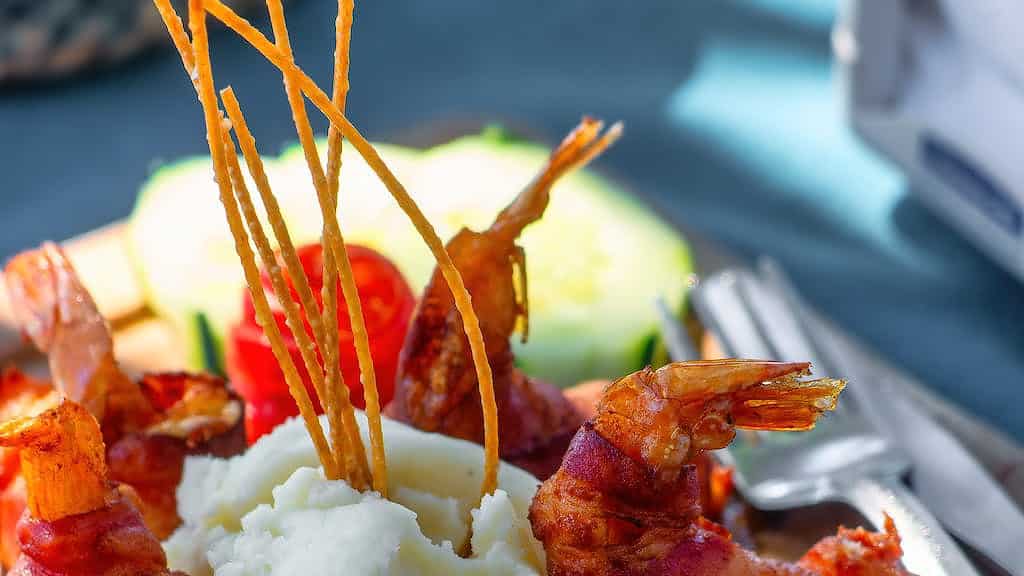Key Takeaways
- Dogs can safely eat mung bean sprouts as they are non-toxic and offer several health benefits.
- Mung bean sprouts are a good source of vitamins, minerals, and fiber, which can support a dog’s overall health and digestion.
- However, it’s important to introduce mung bean sprouts slowly and in moderation to avoid digestive discomfort or gas in some dogs.
- Always ensure that the mung bean sprouts are fresh, properly washed, and free from any pesticides or contaminants before feeding them to your dog.
- If your dog has any existing health conditions or specific dietary requirements, consult with your veterinarian before adding mung bean sprouts to their diet.
- While mung bean sprouts are generally safe for dogs, it’s essential to avoid adding any seasonings, oils, or dressing, as these can be harmful to your pet.
- Observe your dog’s reaction after feeding them mung bean sprouts and discontinue if you notice any adverse effects like vomiting, diarrhea, or allergic reactions.
- Remember that mung bean sprouts should only be a part of a balanced diet for dogs, and their primary food should be high-quality dog food.
Summary
Can dogs eat mung bean sprouts? Yes, dogs can safely consume mung bean sprouts in moderation. However, there are a few considerations to keep in mind. The rest of this article explores the nutritional benefits and potential risks associated with feeding mung bean sprouts to dogs, as well as providing tips on how to incorporate them into their diet effectively. Whether you’re a curious dog owner or looking to introduce new healthy options into your canine’s meals, this article is worth reading to ensure your furry friend receives a balanced and nutritious diet.

Are mung bean sprouts safe for dogs?
Many pet owners wonder whether dogs can consume mung bean sprouts. Fortunately, mung bean sprouts are generally safe for dogs to eat in moderation. They offer a range of health benefits and can be a nutritious addition to their diet. However, like with any new food, it’s important to introduce mung bean sprouts gradually and monitor your dog’s response.
Potential health benefits of mung bean sprouts for dogs
Mung bean sprouts are packed with essential nutrients that can support your dog’s health. They are an excellent source of vitamins A, C, and K, as well as minerals like potassium and magnesium. Additionally, mung bean sprouts are rich in fiber, which can aid digestion and promote regular bowel movements in dogs. The high water content of these sprouts can also help keep your pet hydrated.
Possible risks and precautions
While mung bean sprouts are generally safe, it’s essential to take some precautions. Avoid feeding your dog sprouts that have been treated with pesticides or chemicals, as these can be harmful to their health. Also, ensure that the sprouts are fresh and properly washed to minimize the risk of bacterial contamination. It’s advisable to consult with your veterinarian before introducing mung bean sprouts into your dog’s diet, especially if your pet has any existing health conditions.
How to incorporate mung bean sprouts into your dog’s diet
Mung bean sprouts can be served to dogs in various ways. You can simply add a few sprouts to their regular meals or use them as a topping for added crunch and flavor. Another option is to lightly steam or blanch the sprouts to make them more digestible for your furry friend. It’s important to remember that mung bean sprouts should be only a part of a balanced and varied diet, so serving them as occasional treats or in small portions is the best approach.
Signs of potential mung bean sprout intolerance or allergies in dogs
While some dogs tolerate mung bean sprouts well, others may develop intolerance or exhibit allergic reactions. Keep an eye out for signs such as gastrointestinal upset, diarrhea, vomiting, or itching and rashes. If you notice any of these symptoms after introducing mung bean sprouts to your dog, it’s best to discontinue feeding them and consult with your veterinarian to determine the cause and find suitable alternatives.
Alternative dog-friendly vegetables to consider
If your dog doesn’t enjoy or tolerate mung bean sprouts, there are plenty of other vegetables that can provide similar nutritional benefits. Some safe options for dogs include cooked sweet potatoes, carrots, green beans, and pumpkin. Remember to introduce these vegetables gradually, in small quantities, and monitor your dog’s reaction to ensure they are well-tolerated.
Recipes and Alternatives to mung bean sprouts for dogs
Dogs should not eat mung bean sprouts as they can be difficult for them to digest and may cause gastrointestinal issues. It is important to provide dogs with a balanced and appropriate diet. Here are some alternative foods that are safe and healthy for dogs:
- Lean meats such as chicken, turkey, or beef
- Cooked vegetables like carrots, peas, or green beans
- Plain, cooked rice or pasta
- Plain, unsweetened yogurt
- Fruits like apples, bananas, or blueberries (in moderation)
Can Dogs Eat Mung Bean Sprouts? – FAQ
1. What are mung bean sprouts?
Mung bean sprouts are the young shoots that grow from mung beans. They are commonly used in various Asian cuisines and are often added to salads, stir-fries, and soups.
2. Are mung bean sprouts safe for dogs to eat?
In moderation, mung bean sprouts are generally safe for dogs to eat. However, it is important to understand some key considerations before offering them to your furry friend.
3. Are there any health benefits of mung bean sprouts for dogs?
Mung bean sprouts are low in calories, high in fiber, and contain a variety of essential vitamins and minerals. They can offer some health benefits to dogs, including improved digestion, boosted immune system, and healthier skin and coat.
4. Can dogs eat raw mung bean sprouts?
Dogs can eat raw mung bean sprouts, but it is essential to thoroughly clean the sprouts before feeding them to your dog. This helps remove any potential bacteria that may be present on the sprouts.
5. How should mung bean sprouts be prepared for dogs?
Mung bean sprouts can be lightly steamed or boiled for a few minutes to make them easier for dogs to digest. Avoid adding any seasonings, oils, or salt when preparing sprouts for your dog.
6. Can dogs eat a large quantity of mung bean sprouts?
While mung bean sprouts can be a healthy addition to your dog’s diet, they should only be given in moderation. Feeding excessive amounts of sprouts may lead to digestive issues such as gas or an upset stomach.
7. Are there any risks associated with feeding mung bean sprouts to dogs?
There are certain risks to be aware of when feeding mung bean sprouts to dogs. Raw sprouts can carry bacteria like Salmonella or E. coli, which can pose a health risk to your dog. Additionally, some dogs may have difficulty digesting sprouts, leading to gastrointestinal upset.
8. How can I introduce mung bean sprouts to my dog’s diet?
If you are introducing mung bean sprouts to your dog for the first time, start with small amounts to gauge their tolerance. Watch for any signs of discomfort or digestive issues. If your dog experiences any adverse reactions, discontinue feeding them sprouts.
9. What are some alternative healthy snacks for dogs?
If you’re looking for alternative healthy snacks for your dog, consider options like carrots, green beans, cucumbers, or cooked sweet potatoes. Always research and ensure that any new foods you introduce to your dog’s diet are safe for canine consumption.
10. When should I consult a veterinarian?
If you have any concerns about feeding mung bean sprouts to your dog or notice any unusual symptoms after your dog consumes sprouts, it is always best to consult with your veterinarian. They can provide personalized advice and guidance based on your dog’s specific needs and health condition.
Conclusion
Dogs can eat mung bean sprouts in moderation, but it is important to take certain precautions. These sprouts are generally safe for dogs and can even provide some nutritional benefits. However, it is recommended to introduce them gradually into their diet as sudden consumption may cause digestive issues like gas or stomach upset. Additionally, it is crucial to ensure that the mung bean sprouts are thoroughly washed to remove any potential bacteria or pesticides. Moreover, it is always wise to consult with a veterinarian before introducing any new food to your dog’s diet, especially if they have any dietary restrictions or health conditions. Remember, moderation is key when it comes to feeding your furry friend any human food.
📚 Sources:

